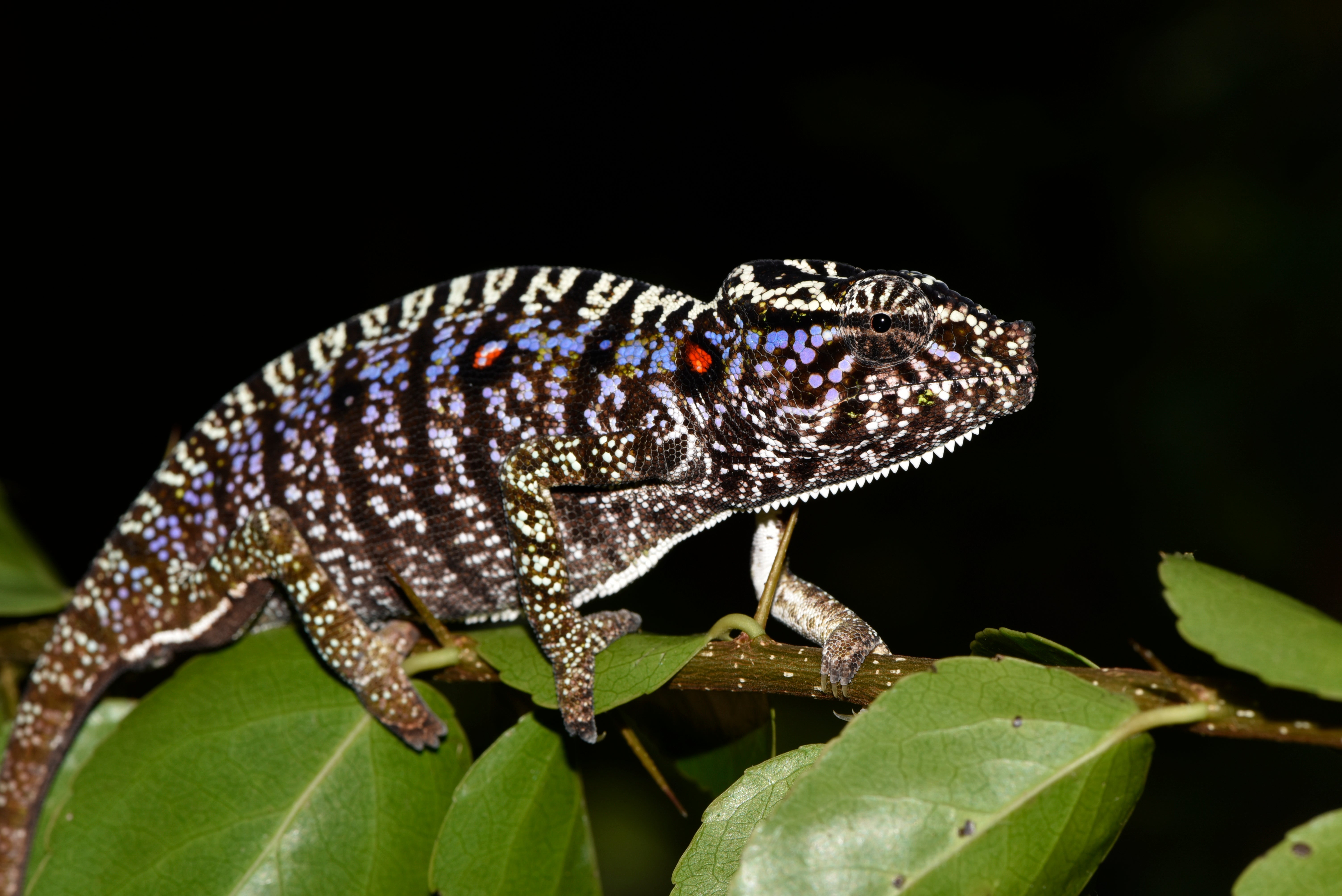Scientists find Madagascar chameleon last seen 100 years ago
Scientists say they have found an elusive chameleon species that was last spotted in Madagascar 100 years ago

Your support helps us to tell the story
From reproductive rights to climate change to Big Tech, The Independent is on the ground when the story is developing. Whether it's investigating the financials of Elon Musk's pro-Trump PAC or producing our latest documentary, 'The A Word', which shines a light on the American women fighting for reproductive rights, we know how important it is to parse out the facts from the messaging.
At such a critical moment in US history, we need reporters on the ground. Your donation allows us to keep sending journalists to speak to both sides of the story.
The Independent is trusted by Americans across the entire political spectrum. And unlike many other quality news outlets, we choose not to lock Americans out of our reporting and analysis with paywalls. We believe quality journalism should be available to everyone, paid for by those who can afford it.
Your support makes all the difference.Talk about good camouflage
Scientists say they have found an elusive chameleon species that was last spotted in Madagascar 100 years ago.
Researchers from Madagascar and Germany said Friday that they discovered several living specimens of Voeltzkow’s chameleon during an expedition to the northwest of the African island nation.
In a report published in the journal Salamandra, the team led by scientists from the Bavarian Natural History Collections ZSM said genetic analysis determined that the species is closely related to Labord’s chameleon.
Researchers believe that both reptiles only live during the rainy season — hatching from eggs, growing rapidly, sparring with rivals, mating and then dying during a few short months.
“These animals are basically the mayflies among vertebrae,” said Frank Glaw, curator for reptiles and amphibians at the ZSM.
Researchers said the female of the species, which had never previously been documented, displayed particularly colorful patterns during pregnancy, when encountering males and when stressed.
The scientist say that Voeltzkow’s chameleon's habitat is under threat from deforestation.